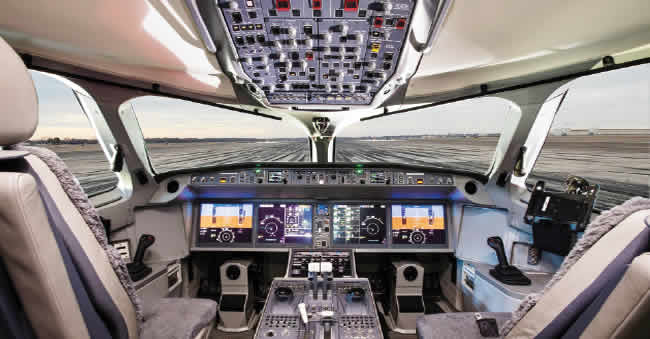
The African Continental Free Trade Agreement received a significant boost as twenty-four more countries join the Guided Trade Initiative, moving the continent closer to fully integrating into a single market.
According to a Bloomberg report, of the 47 countries that have ratified the African Continental Free Trade Area, 31 will join the GTI, up from seven in 2023.
AfCFTA Secretary-General, Wamkele Mene, who disclosed this at a World Economic Forum panel in Davos on Tuesday, said last year’s trial included processed agricultural products, manufactured goods and services, he said.
According to him, Uganda seized the initiative to export some of its excess two billion litres of milk to Algeria, while a ceramic-tile manufacturer in Ghana shipped the product to Cameroon.
“AfCFTA enabled a 20 per cent reduction in duty,” Mene said. “That is 20 per cent competitiveness as of the start of trade.”
The expanded pilot will include a pan-African payments and settlement system using local currencies to overcome the continent’s foreign-exchange shortages and convertibility limitations.
“The frictional cost of trade on the continent — because people need to access currencies that they don’t trade in — it’s about $5bn a year, which actually could go back into the economies,” Mary Vilakazi, the incoming chief executive officer of South African lender FirstRand, said at the forum.
Trade ministers are formulating regulations on digital trade to boost online commerce on the continent, according to Mene. The African Development Bank estimates the region’s digital economy will catapult to $712bn by 2050, from about $115bn in 2023.
AfCFTA has a potential market of 1.3bn people with a combined gross domestic product of $3.4tn, and could be the world’s biggest free-trade zone by area when the treaty becomes fully operational by 2030.

The World Bank forecasts the accord will increase trade within the region by 80 per cent to $532bn by 2035, partly helped by improved technology-driven efficiency.

Be the first to comment